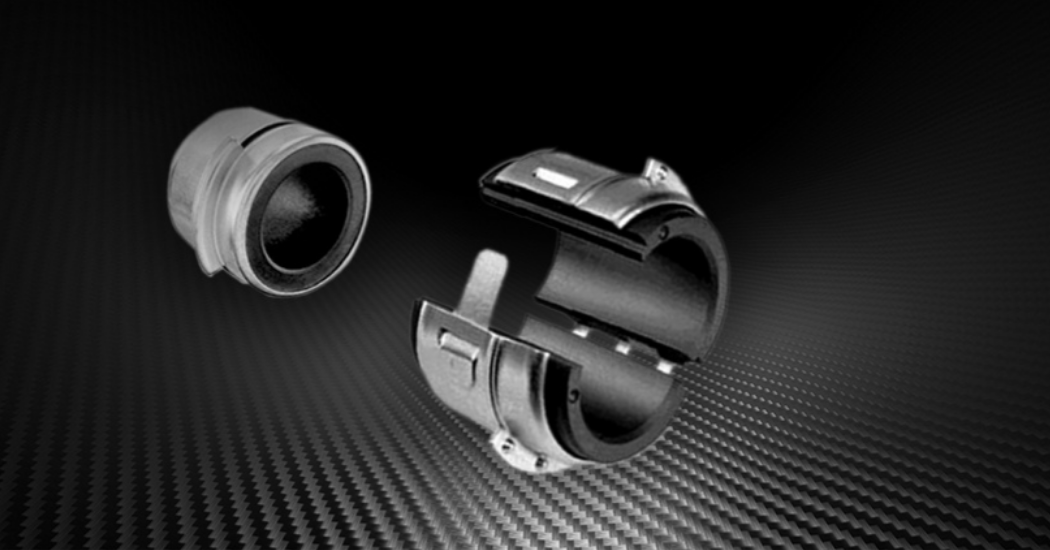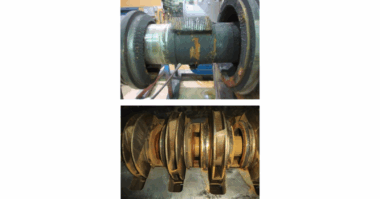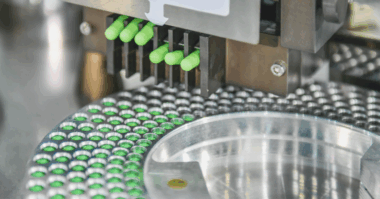One of the most common materials incorporated in residential and commercial construction is Gypsum wallboard. It’s used universally by professionals and amateurs alike, and as such, manufacturers are driven to meet high demands by producing reliable, consistent means of manufacturing. How do we maximize efficiency in the production of this durable, versatile, highly popularized construction material?
Carbon graphite board dryer bearings are an indispensable asset when manufacturing gypsum wallboard. Board drying is a critical step in the production process–it must be executed consistently and accurately to meet acceptable quality standards.
As leaders in the carbon-graphite industry, we recognize the unique applications of a highly versatile, low-maintenance alternative in manufacturing. We find custom solutions to complex opportunities by advancing processing hardware.
Just the right amount of moisture is removed from the gypsum to bring the material to its final “hardened” state. Since the drying process is such a critical step in wallboard production, it is essential that this step is optimized for efficiency.
Minimize Maintenance
In bulk manufacturing, large conveyor ovens are typically used to dry large amounts of gypsum wallboard at a time. Proper maintenance of these ovens is critical—not only will a failure compromise the outcome of your product, but the cost in replacing parts and providing service can be significant when not addressed in advance.
The sheer size of these units makes regular maintenance incredibly difficult. Manufacturers can take advantage of unique materials such as carbon graphite to minimize the required maintenance efforts.
Carbon graphite bearings offer more than easy maintenance. As a result, carbon graphite is a bearing material of choice for many board dryer manufacturers.
Avoid Cold Form Distortion
Unlike plastic bearings, carbon graphite bearings will not “cold-form,” or distort, under loads. This is a critical characteristic of carbon graphite, as board dryer bearings see considerable amounts of stress throughout their life.
Less maintenance means more production time—and manufacturers can take advantage of unique materials such as carbon graphite installed into quick change hardware to minimize machine downtime during scheduled preventative maintenance shutdowns.
Carbon graphite bearings also have much greater temperature resistance than their plastic counterpart. Because of its superior heat resistance and overall durability, carbon graphite is an ideal material for these high-heat applications. This is especially important in the event of a flash fire in the board dryer, which can cause extensive damage to non-carbon bearings.
Save On Lubricant
There are a number of reasons why carbon graphite is one of the most reliable, profitable materials for industrial applications. Its ability to self-lubricate, or create dry lubrication, is arguably one of its most distinguished and valued characteristics.
The ovens employed by drywall manufacturers can use thousands of bearings. Carbon graphite’s dry lubrication property eliminates the need to spend the time or money on maintaining lubrication of the bearings.
The switch from plastic bearings to carbon graphite bearings in conveyor ovens is a trend seen in many industries, not just wallboard manufacturing: commercial paint lines, plywood dryers, veneer board dryers, infrared heat processing conveyors, and glass tempering ovens also benefit.
As the mechanical carbon graphite industry rapidly becomes more technologically advanced, board dryer bearings are seeing drastically improved wear rates and temperature resistance. Time and time again, carbon graphite has proven to be the longest lasting and most cost-effective bearing option.




